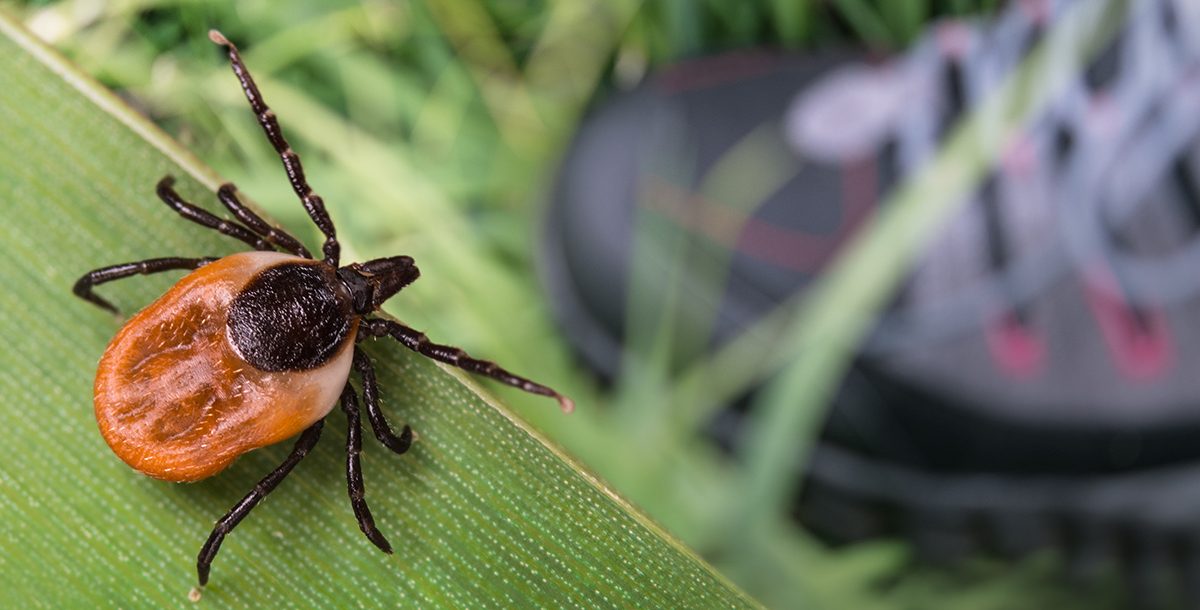Did you know that ticks in the U.S. can carry diseases such as Lyme disease or Rocky Mountain spotted fever, and can even trigger a new allergy?
Tick bites are common. However, it is best to avoid tick bites if you can by taking preventative measures. If you or a family member does get a tick bite, be sure to recognize that seeking treatment the first 36 hours can help protect you and your loved ones from the potential health problems listed above.
According to the American Academy of Pediatrics and the Centers for Disease Control and Prevention (CDC), you can help prevent tick bites by:
- Avoiding areas with tall grasses, leaf litter and deep woods.
- Applying insect repellant to children over two months of age. To avoid getting repellant in eyes, mouth or on hands, always assist children in applying repellant and keep chemicals in a safe location.
- Dressing in long pants, closed shoes, long sleeves and a broad brimmed hat. Consider pre-treating clothing or camping gear with permethrin if going in a high-risk area.
- Checking your child’s (and your) skin at the end of the day. Ticks can latch onto the skin anywhere on the body, but often are found where clothing constricts such as underwear or bra lines.
If you do find a tick on your child or yourself, don’t panic!
First, remove the tick with either tweezers or clean hands covered with a tissue. Grasp the tick as close the skin as possible and pull with steady straight movement. Place the tick in tape or a sealed container. However, if you are not keeping it to show a medical clinician, then it can be flushed down the toilet.
If the tick is removed within the first 36 hours, the risk of disease is very low. However, if you think it has attached longer than that, consider contacting your primary care provider to see if there is a role for preventative medication.
Either way, monitor the site of bite for 30 days following removal. If rash, fever or other flu-like symptoms develop, seek medical care right way.
The above information was provided and approved by Jacqueline Marie Stewart, MD, from CrossRidge Pediatrics and Internal Medicine.
Learn about the health care services we offer at Bon Secours.





